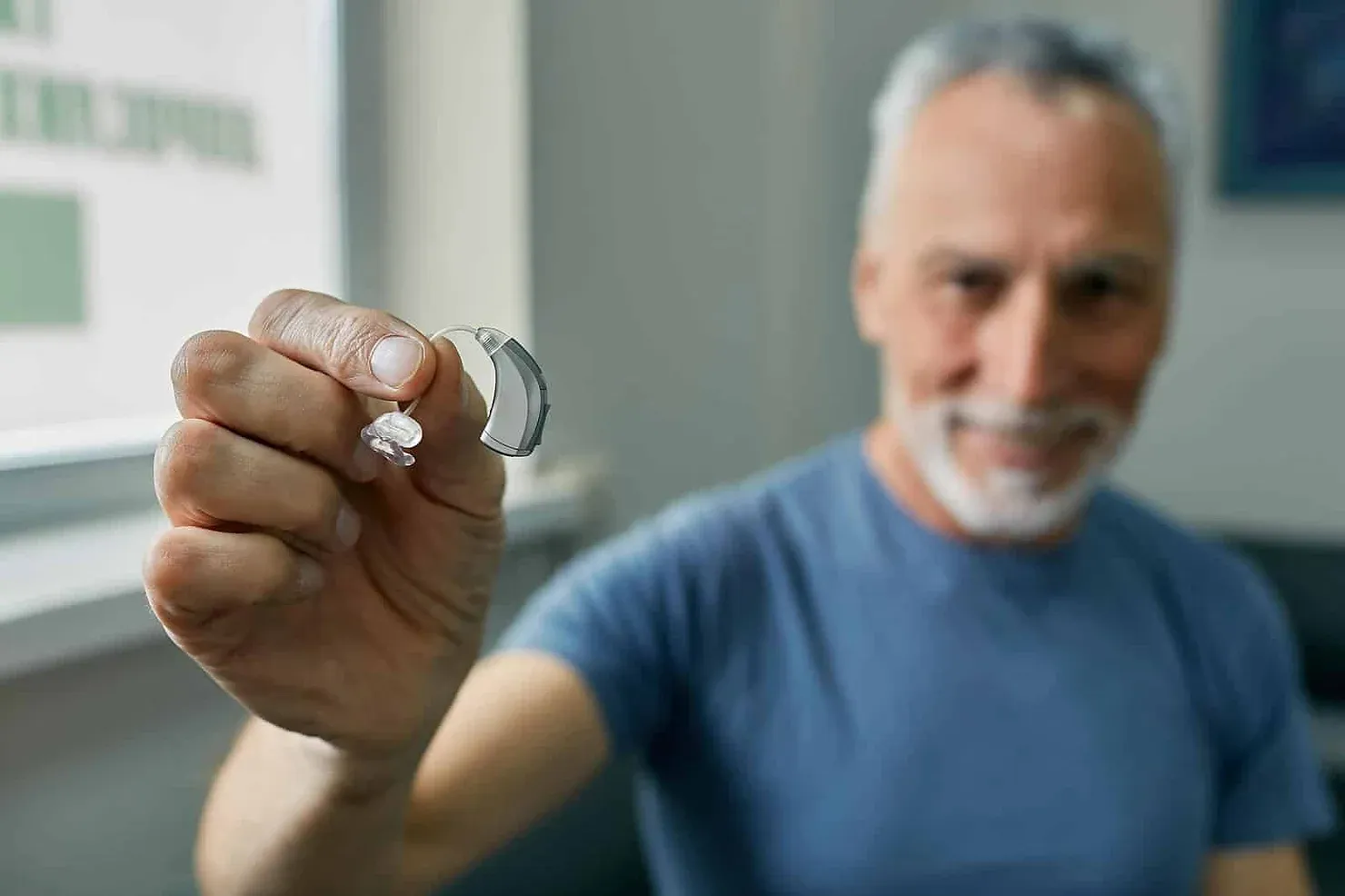If you are the proud owner of a new pair of hearing aids, congratulations! You can count on these aids to provide you with hearing assistance for a long time. Just how long your aids will serve you, though, is a personal decision. Some people are able to extend the life of their hearing aids for a long time, while others opt to upgrade to a new model after a few years. If you are curious about the factors that will determine when to get new hearing aids, there are a few important things to consider. You need to take into consideration the functionality of your hearing aids, possible changes to your hearing, and possible changes in hearing aid technology. These three factors are important ways to balance your decision about getting new hearing aids, so let’s take a closer look at each of these in turn.
Hearing Aid Functionality
One of the most common reasons a person decides to get new hearing aids is a change in their functionality. If you have an issue with your hearing aids, your first impulse will probably be to get a repair. There are some simple fixes that you can do right at home, and a basic cleaning might be enough to restore your hearing aid functionality. Other basic repairs can be completed in our offices, and we can help you with some of these simple alterations or repairs. However, there are other repairs that are more costly. We will likely need to refer you to mail your aids to the manufacturer or to a licensed repair technician for these more complex fixes. If you are deciding about a more serious repair, it might be the case that you would be better off getting new hearing aids. The cost of the repair can be quite expensive, and you will need to consider if getting a brand new pair of hearing aids is better for the extended life of your devices. If you are weighing this decision, we can help you think through the different aspects of repaired hearing aids and new hearing aids that are important to consider.
Changes in Your Hearing
If you have noticed changes in your hearing, the first thing to do is to get a hearing test. Not only could other hearing issues be responsible for this change, but you might have another underlying health issue that needs attention. Once you have the results of your hearing test, we can help you decide if your current hearing aids will continue to meet your needs. In many cases, changing some settings on your devices will be enough to make them functional for you, even after you realize a change in your hearing ability. However, in other cases you will need to explore a different pair of hearing aids that can meet your needs. Getting the right match between your hearing ability and the functionality of your hearing aids is crucial to your ongoing hearing health and other aspects of physical, mental, and cognitive wellbeing.
Changes in Hearing Aid Technology
Even if you decide that your hearing aids are meeting your basic needs, you might be curious about some of the other functions that can serve you. As hearing aid technology advances, new features are always being introduced. If you have an older model of hearing aids, then you might be interested in exploring some of the newer offerings, including rechargeable batteries, Bluetooth connectivity, and digital signal processors (DSPs) that can improve the audio quality of your aids. These features go beyond the basic functionality of hearing aids to provide devices that integrate with other aspects of your life, such as your smartphone and media players. Although these features might not be necessary for basic hearing amplification, you might be interested enough in them to prompt you to buy new aids before your older ones stop working. Balancing the value of new features against the cost of new aids is a personal decision, but we are happy to talk with you about what these new features entail, how they can serve your needs, and how much new hearing aids are likely to cost.



